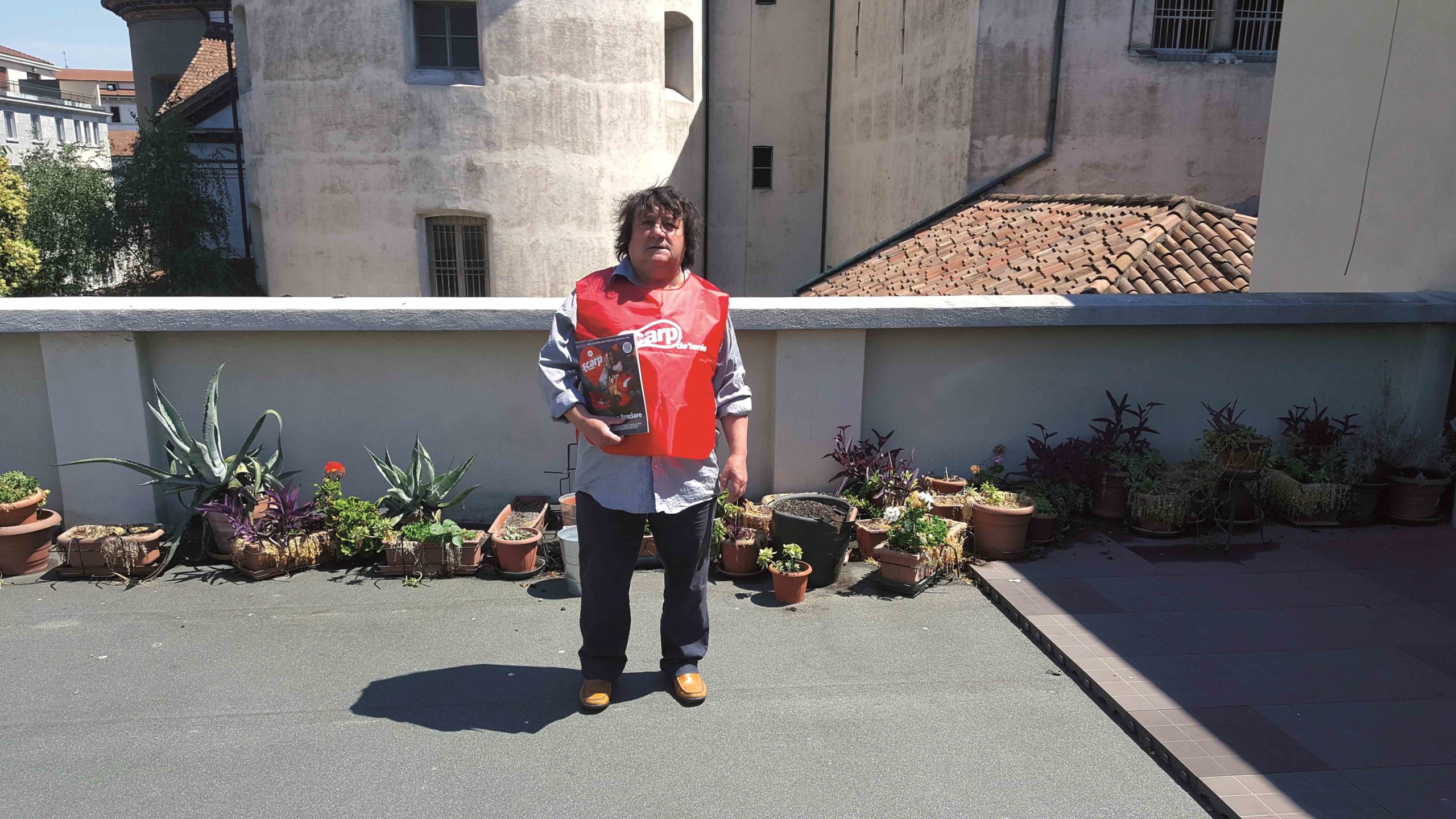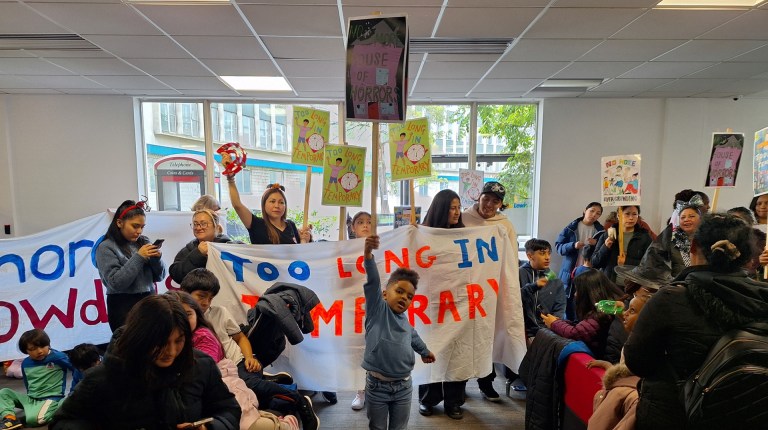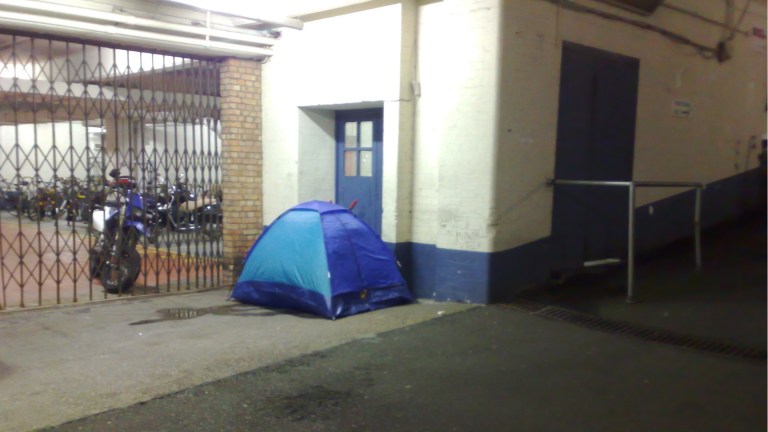With the impact of the coronavirus worsening in Italy, the whole of the country has now been placed on lockdown, with sporting events and schools suspended until April 3, and severe limits placed on travel. The advice is clear: stay home, self-isolate, but what about those for whom self-isolation isn’t a possibility?
Monthly street paper Scarp de’ tenis, which distributes around 14,000 papers to vendors in Turin, Genoa, Verona, Vicenza, Florence, Naples and Rimini, as well as Milan, where its main operation and half of its vendors are based, has been seriously affected.
The decision was made on March 9 for their editorial staff to close for the next two weeks, with sales of the newspaper suspended, and their April issue cancelled. The paper works with approximately 150 vendors across the country, privileging those who are already in some kind of sheltered accommodation. In addition to selling the paper, many homeless people contribute on the editorial side.
The magazine’s editor Stefano Lampertico said: “The impact of the virus is terrible. This week, all services are closed. The number of sick people is increasing day by day. We are all living in the red zone. We can’t move. We can’t travel. We are all staying at home.”
To combat the uncertainty Italian vendors are facing, the magazine has begun raising money via online sales which is now being distributed to those in need, although this has also proved difficult.
It is clear that essential services for the poor cannot fail
Scarp de’ tenis is partially funded by Catholic charity Caritas Italiana, who also organise soup kitchens and food distribution for the homeless across the country. Caritas’ director Don Francesco Suddo published an emergency statement this week insisting that despite the lockdown, their wider activity will continue: “Even with all the necessary precautions and with the necessary prudence, and without wanting to expose others to unnecessary risks, it is clear that essential services for the poor cannot fail, such as canteens, emporiums, dormitories, the listening centers, which the Caritas at the diocesan and parish level ensure daily.”









